La Estancia is a project located in the town of Juchitan de Zaragoza, in the Isthmus of Tehuantepec, in the state of Oaxaca (Mexico). It has been selected in the Holding the Key 2022.
In June 2022 they became a cooperative under the name Guenda Rudxiba Guendaró Stinú, which in Zapotec means “the right of the people to grow their own food”.

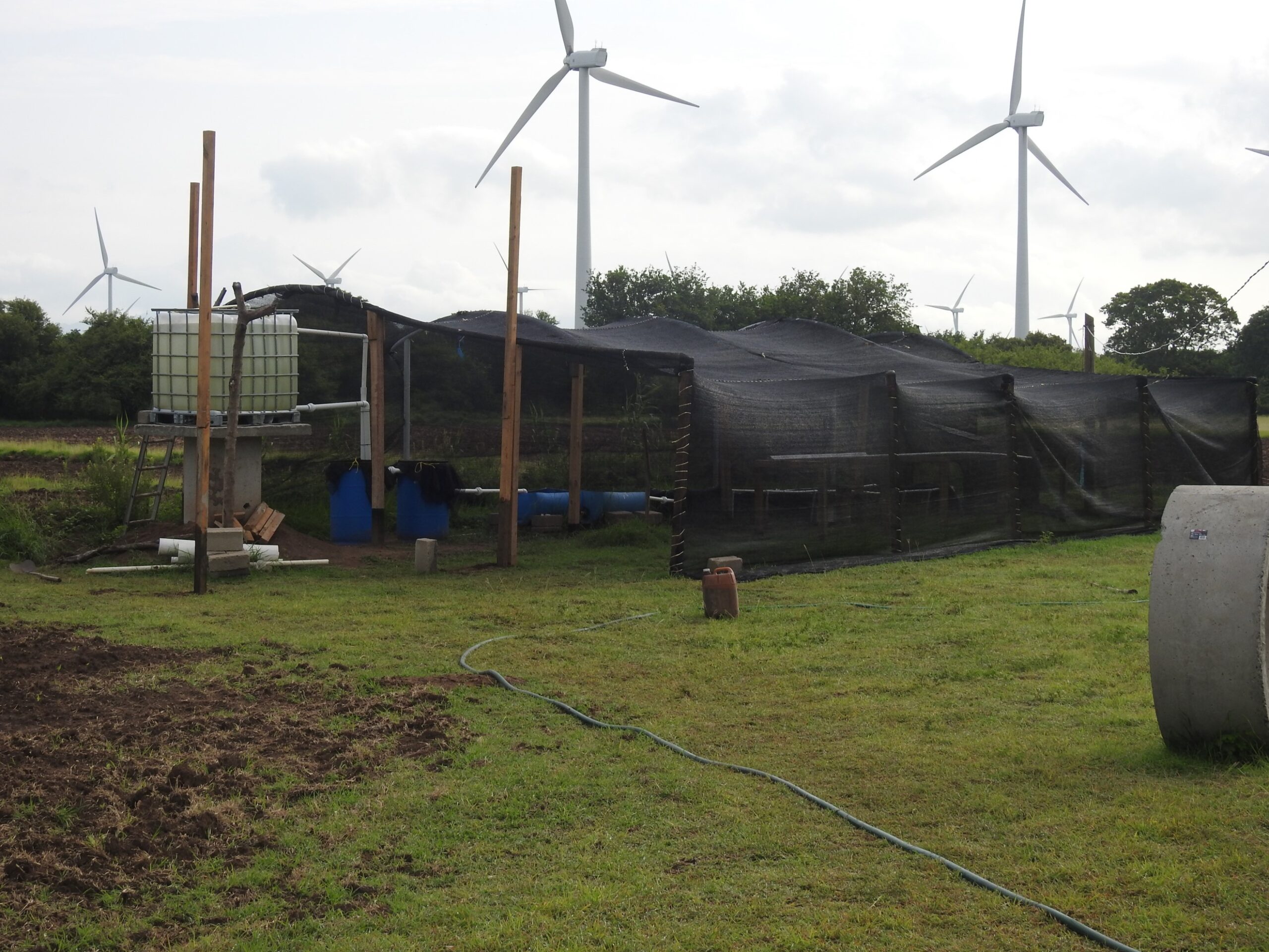
The Estancia-Guendaró Stinú, arose as a result of the presence of ICCoNeCC (Institute for the Conservation of the Neovolcanic Cordillera in the face of Climate Change), for scientific research and education of the general population, through courses and workshops and the implementation of ecotechnologies and aquaponics systems. This allows rural populations to have access to animal and vegetable protein while saving resources such as water.
The main objective of La Estancia-Guendaró Stinú is to implement an aquaponic system in a population with few possibilities for self-sufficiency in animal or vegetable protein. Aquaponics allows families to be self-sufficient, in addition to saving water and enriching the soil.
The network that is established involves the school, the university, the health center, the local president’s office…
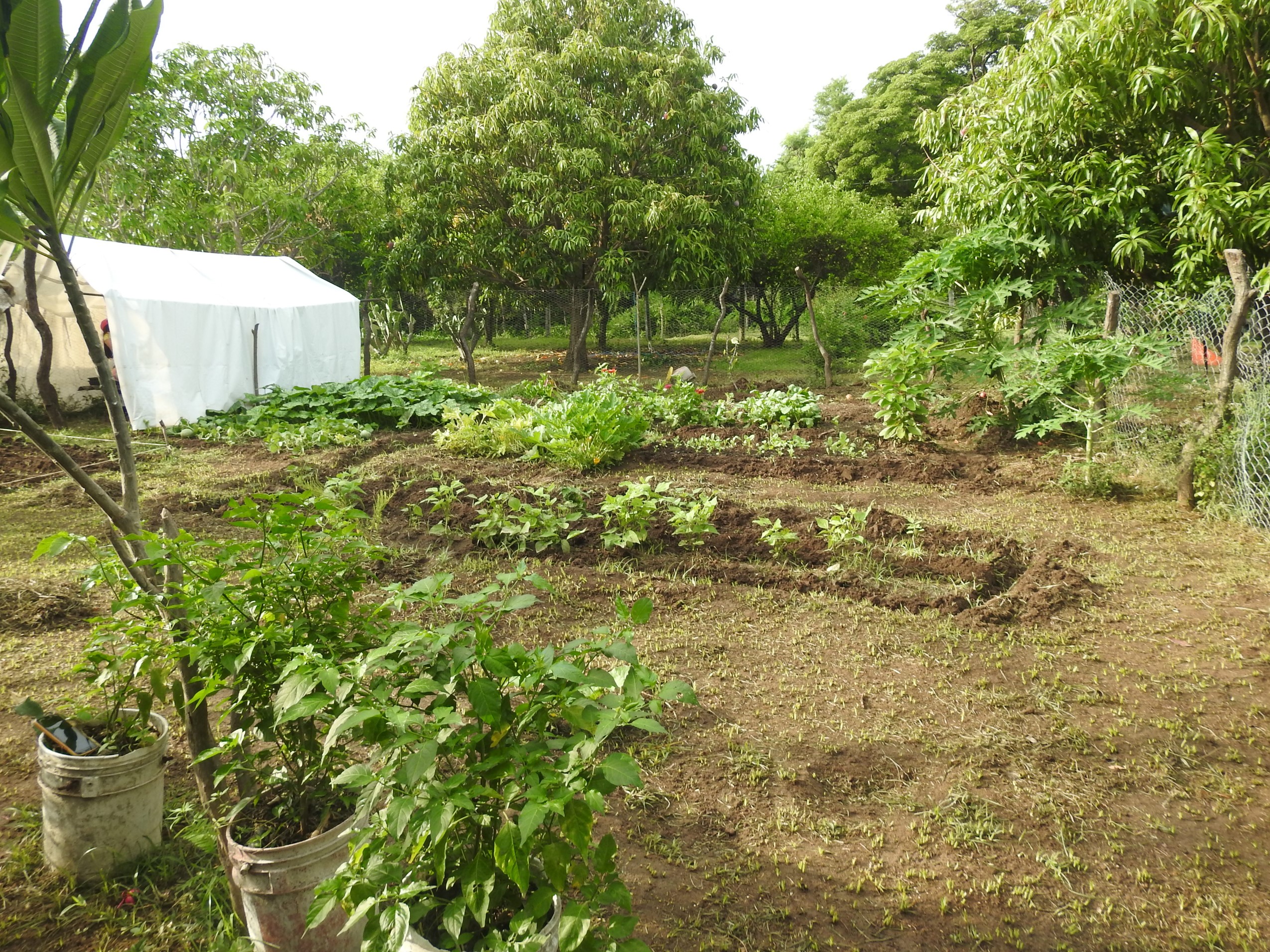
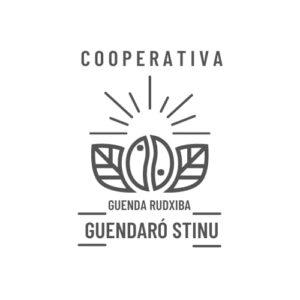
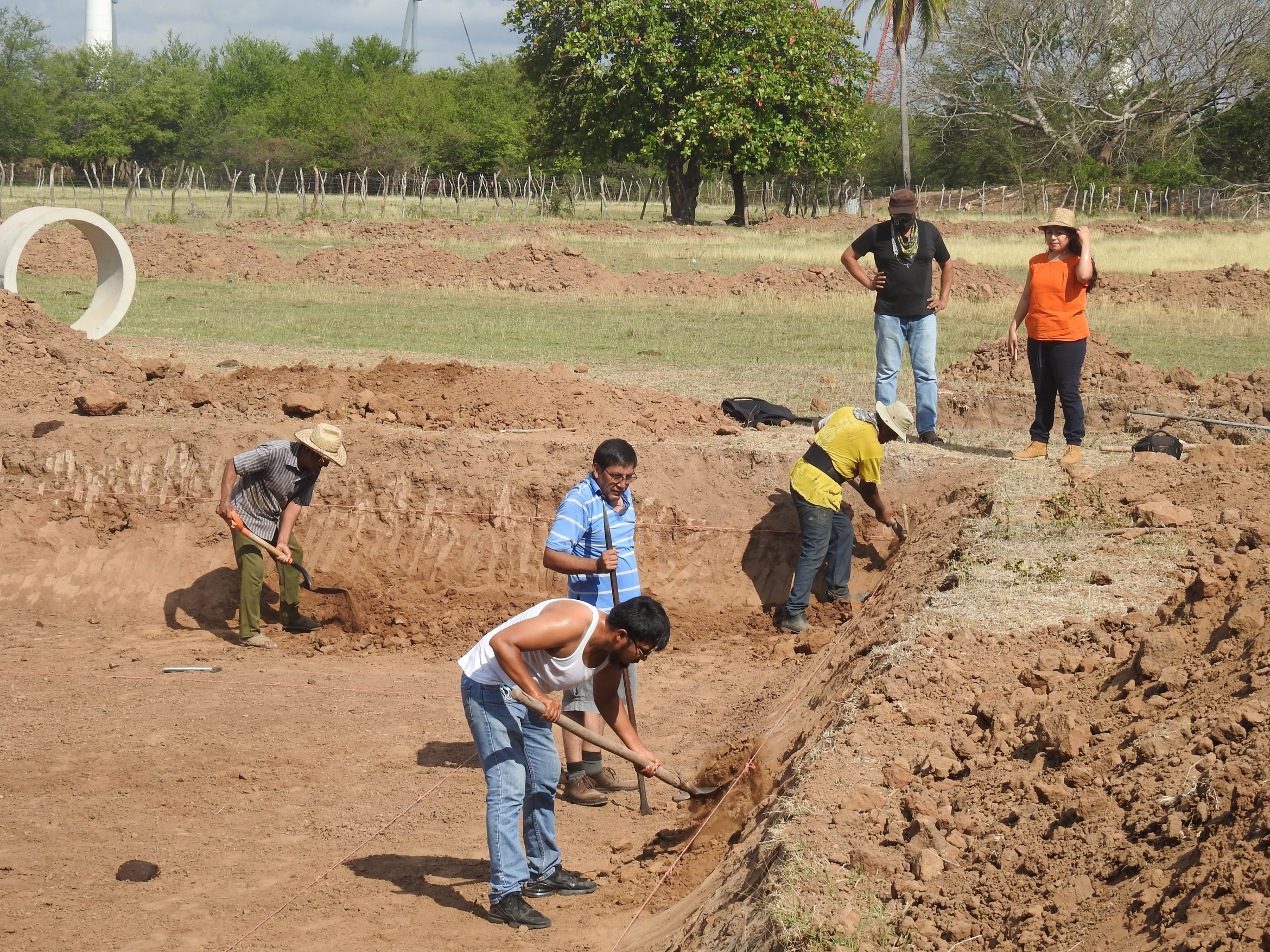
The collaboration between Lighthouse and La Estancia-Guendaró Stinú aims to accompany in this implementation of aquaponics and to collect the learnings made in terms of community participation, the application of research methods in local environments, the possibility of networking and sharing knowledge in other locations with similar climatic and social conditions.
During the monitoring process, several actions were carried out that allowed for a deeper understanding of both the cooperative and the knowledge of the people who make up the cooperative. The most important areas of work were identified and researched. Cooperative members and participants of their projects were involved.
This audiovisual product shows elements of what the initiative has realized over time and can be shown as a reference in other contexts where similar needs are identified.
The financial support made it possible to purchase a portable device for measuring water quality in aquaponics culture and mojarra farming for the aquaculture project. This device makes it possible to regulate production by setting the correct water regeneration times.
The laboratory device controls and confirms the measurements of the mobile system. It also measures the oxygen content of the water, which is important for the life of the fish. These are constant measurements to be able to compensate for the temperature of the water due to the enormous solar radiation.
The Guenda Rudxiba cooperative offers the same system to other projects that are opening up to aquaponics and do not have access to such measuring equipment.



A variety of intersecting themes come together in Guenda Rudxiba, and five areas have been identified that allow us to illustrate the systemic nature of the cooperative:
Food Sovereignty
The exercise of the human right to food must ensure the production of healthy, culturally appropriate food in close proximity to the population.
Health and food and nutritional security
By improving soils with organic fertilizers, traditional corn production has recovered in quantity and quality and impoverished soils have been recovered.
Involvement of the community
The community learned about the work of Guenda Rudxiba by seeing how the activities and resulting production were carried out.
Interdisciplinary cooperation
Cooperatives and producers are looking for support for their respective work, e.g. in flour processing, pest control or exchange of experience.
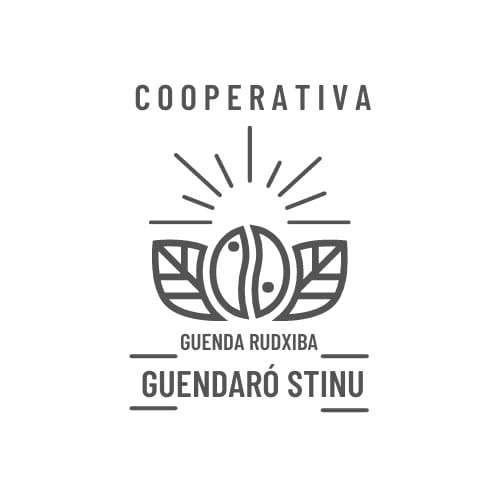
“Sustainable practices,” agroecological system, and agroecological practices.
Sustainable practices enable humanity to sustain agroecological systems in perpetuity, even in climatically unfavorable environments such as the Istmo region.
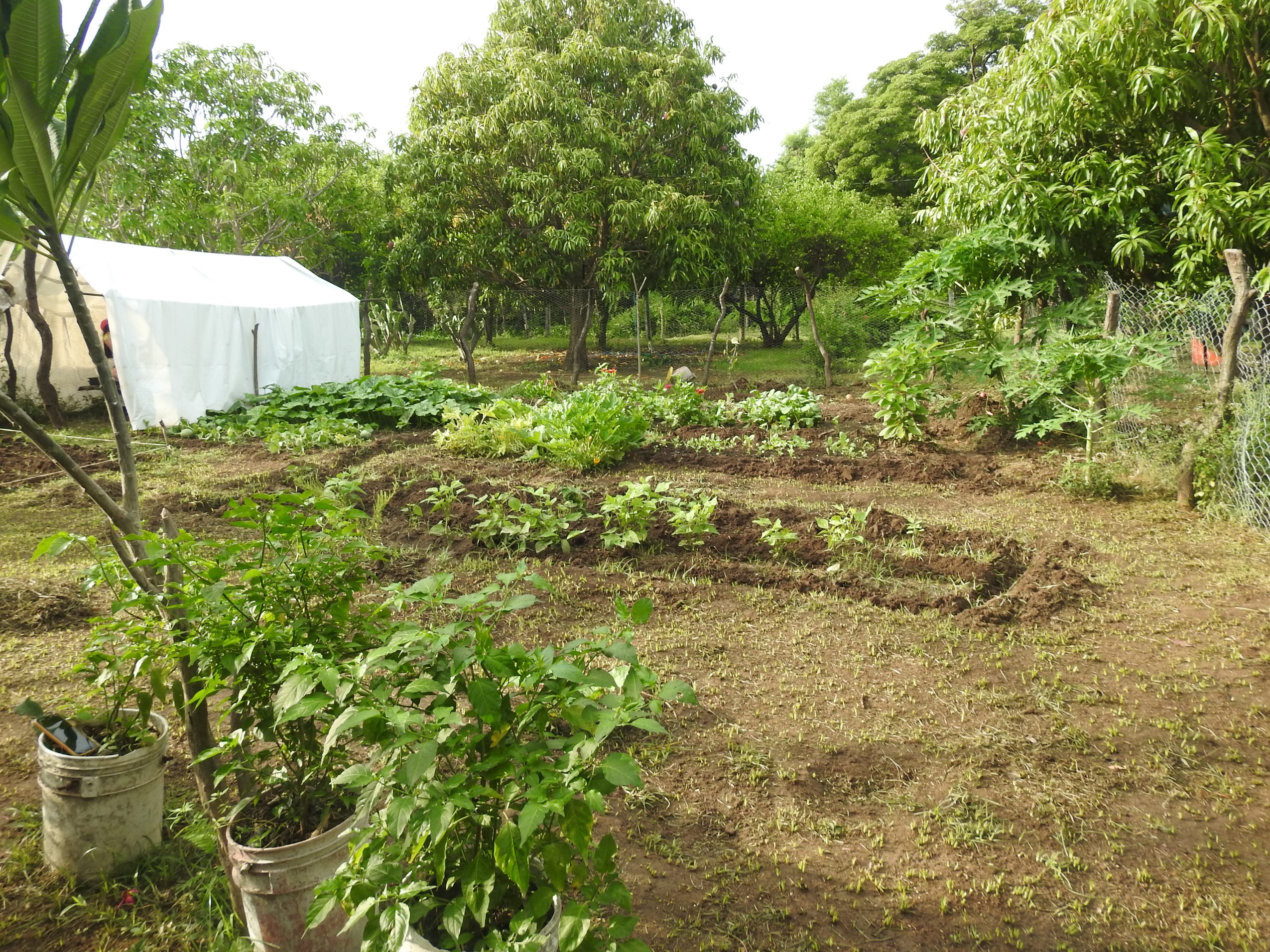
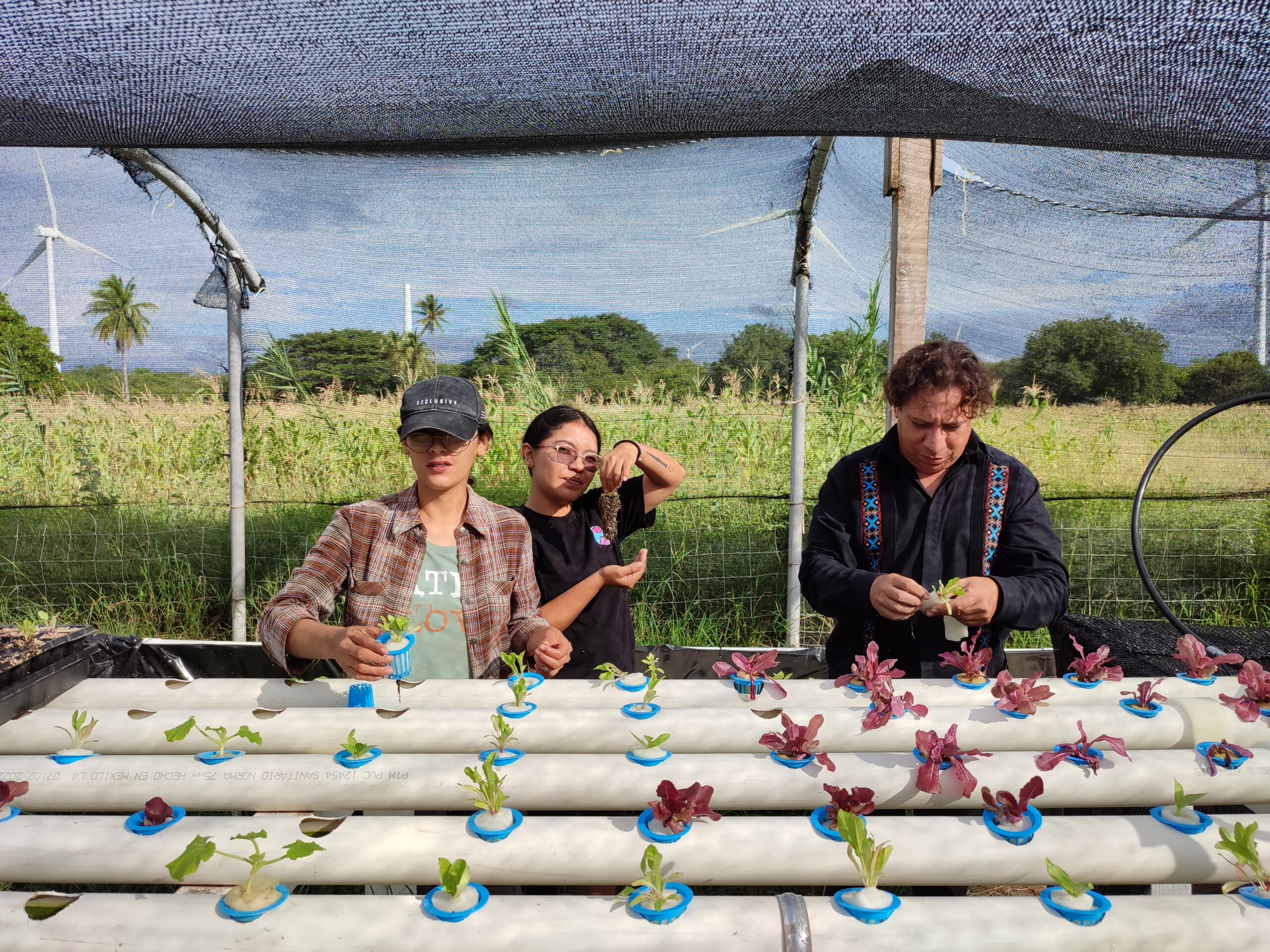
Along the themes, the members of Guenda Rudxibala are concerned with the challenges involved:
The work carried out has led to the following results, among others: